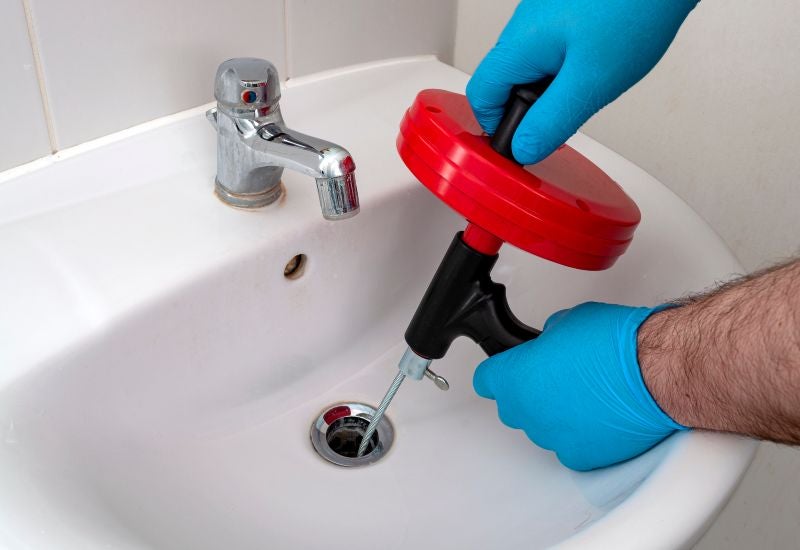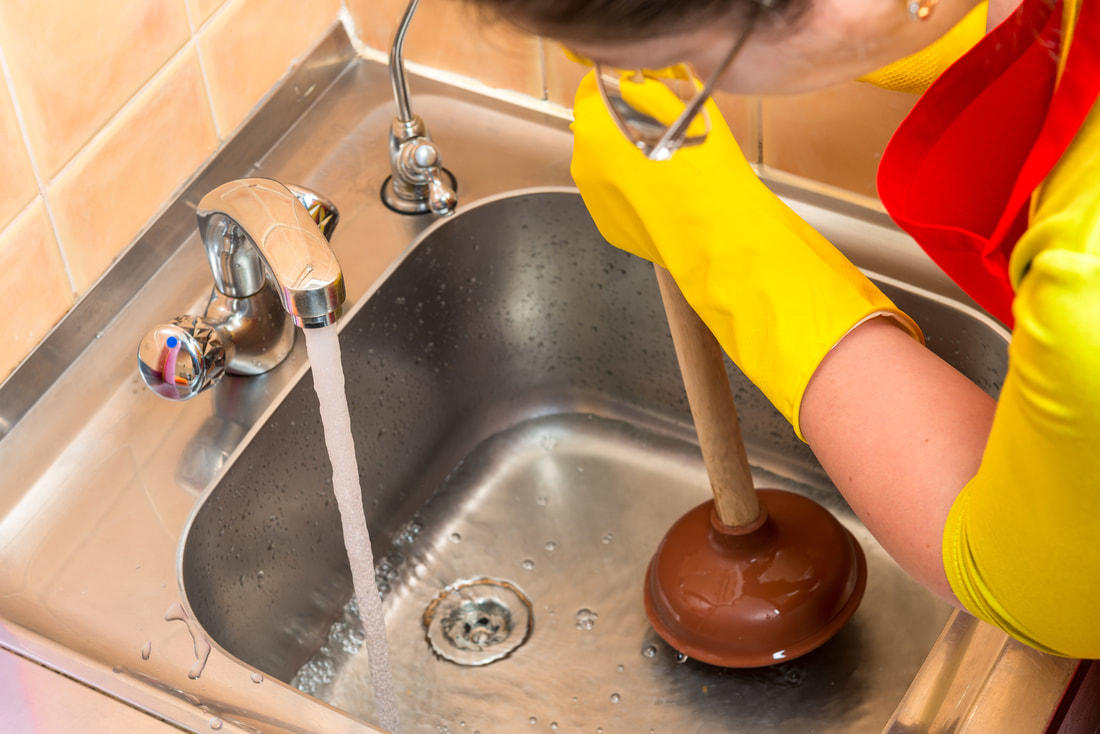The author is making a few great pointers regarding Tips on How to Effectively Use a Plunger in general in this post underneath.

Intro
Proper upkeep of family drains pipes is necessary for stopping clogs and making sure smooth water circulation. One of the secret devices in every home owner's toolkit is the plunger, together with different drainpipe cleansers made to tackle stubborn clogs efficiently. This post checks out exactly how to utilize bettors and drain cleaners efficiently to keep your drains flowing freely.
Area 1: Recognizing Bettors
Kinds of Plungers
There are several types of bettors readily available, each created for different types of drains pipes and blocks. The most usual types consist of mug bettors, flange bettors, and accordion plungers.
How Plungers Work
Plungers service the concept of developing stress and suction to displace obstructions. When properly applied over a drainpipe, they produce a vacuum that can pull out debris or break up blockages.
Choosing the Right Bettor
Picking the ideal bettor depends on the sort of drainpipe and the nature of the blockage. Mug bettors are excellent for sinks and bathtubs, while flange bettors are better suited for commodes as a result of their layout.
Typical Errors with Plungers
Avoiding these mistakes ensures effective plunging: inappropriate seal around the drain, insufficient force, and unclear surrounding debris.
Section 2: Using Plungers Efficiently
Prep work
Before plunging, ensure the bettor covers the drainpipe totally and develops a tight seal. Clear any kind of noticeable debris around the drain opening.
Strategy
Begin with gentle diving movements to build suction. Rise pressure gradually, making use of a stable rhythm. Repeat as necessary till the drain gets rid of.
Troubleshooting Tips
If diving doesn't function, try changing the seal, applying petroleum jelly for a far better seal, or utilizing a various type of plunger.
Area 3: Understanding Drain Cleaning Company
Types of Drain Cleansers
Drain pipes cleaners can be chemical or enzymatic. Chemical cleansers use solid chemicals to dissolve clogs, while chemical cleaners make use of natural enzymes to break down raw material.
Exactly How Drainpipe Cleansers Job
Chemical cleaners respond with clogs to liquify them, while chemical cleaners break down natural materials like hair and oil without hurting pipes.
Safety and security Factors to consider
Always put on handwear covers and eye protection when making use of chemical drainpipe cleaners. Ensure adequate ventilation and adhere to producer guidelines meticulously.
Eco-Friendly Alternatives
Think about using vinegar and baking soft drink or enzyme-based cleaners for eco-friendly choices that are more secure for pipes and the setting.
Section 4: Utilizing Drainpipe Cleaning Company Efficiently
Application Strategies
Put chemical cleaners directly right into the drainpipe opening. Permit them to work for the suggested time prior to purging with warm water. Chemical cleaners should sit overnight.
Safety measures
Stay clear of blending various sorts of cleansers, as this can generate toxic fumes. Never use chemical cleaners along with a plunger, as splashing can occur.
Handling Persistent Obstructions
For relentless obstructions, think about utilizing a plumbing snake or calling a specialist plumbing professional to stop damages to pipes.
Conclusion
Finally, comprehending just how to use bettors and drainpipe cleansers successfully is important for preserving healthy pipes systems. By picking the right devices and methods, homeowners can tackle minor blockages and protect against significant pipes concerns down the line.
5 Steps on How to Use a Plunger Effectively
- Creating a Seal: Place the rubber cup of the plunger firmly over the toilet drain hole to create an airtight seal. This seal is crucial to prevent air from escaping and ensure effective plunging.
- Plunge Gently: Gently press the plunger down to compress the air inside without causing splashing. This careful action sets the stage for effective unclogging without creating a mess.
- Maintaining Pressure: Consistently apply pressure to the plunger while pushing and pulling it up and down. This sustained pressure generates the force needed to dislodge the clog.
- Breaking the Clog: Continue plunging until you feel the clog release. Look for the water to start draining, indicating successful removal of the blockage.
- Flushing and Cleaning: After clearing the clog, flush the toilet to confirm it's working properly. Clean the plunger with warm, soapy water and disinfect it for future use to maintain hygiene.
Additional Tips on How to Correctly Use a Plunger
- if you encounter resistance, add some water to the bowl to create better suction;
- check the plunger for any rubber cracks to ensure it's in good condition;
- exercise patience and persistence, as certain clogs might need multiple attempts.
Mistakes to Avoid when Using Toilet Plunger
- avoid using excessive force, as it may damage the toilet;
- don't rush the process; take your time to ensure a proper seal and pressure;
- never use a plunger if you've recently used chemical drain cleaners
Conclusion
Mastering the art of how to properly use a plunger is a valuable skill for every homeowner. By employing the correct techniques, you can effectively address clogs and ensure your toilet functions smoothly. Patience, persistence, and proactive in maintaining your plunger's hygiene are key to success in this endeavor.
Armed with these skills and principles, you can confidently handle plumbing issues as they arise, promoting a well-functioning and hygienic home environment.
https://homealliance.com/blogs/how-to-effectively-use-a-plunger-the-ultimate-guide

We were made aware of that editorial about Tips on How to Effectively Use a Plunger from an acquaintance on our other web address. Do you know about someone else who is curious about the niche? Please feel free to share it. We value your readership.
Click Here To Find Out More
Comments on “Ways to Successfully Apply Plungers and Drain Cleaners: Professional Tips”